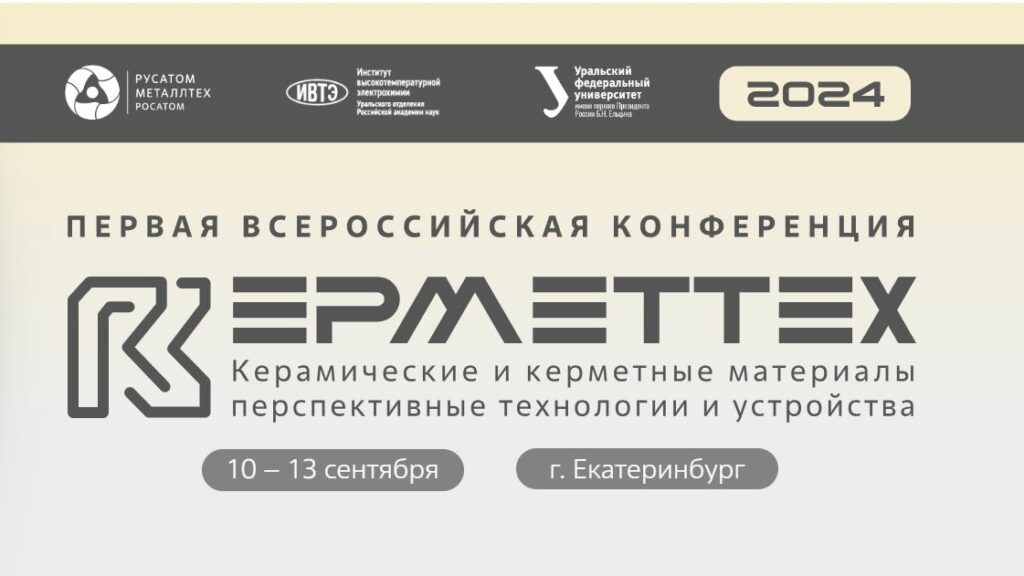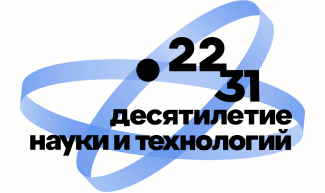Smirnov Mikhail Vladimirovich (1918-1998) — professor, DSc, outstanding scientist in the field of physical chemistry and electrochemistry, director and founder of the Electrochemistry Institute of UB RAS, head of the of molten electrolytes laboratory (1949-1987).
He determined the main research directions in the field of physical chemistry and electrochemistry of molten and solid electrolytes which have been successfully developed in the Institute departments nowadays. In 1992, the Institute was renamed as the Institute of High-Temperature Electrochemistry of the Ural Branch of the Russian Academy of Sciences.
In 1941, Smrinov graduated from chemistry department at the Ural State University, after that he worked as an engineer and a foreman at Pyshma Electrolytic Copper Plant during three years, since 1944 till the end of his life he worked at the Ural Branch of Academy of Science.
Karpachev Sergey Vasilievich (1906-1987) is a famous Russian scientist, one of the founders of high-temperature electrochemistry school. He started his career in 1925 as a laboratory assistant of Ural Polytechnical Institute.
1930 – graduated from the Institute;
1932-1948 – a head of the Molten Salts Electrochemistry Lab at the Ural Physical-Technical Institute. Afterwards, the Institute was merged into Ural Branch of the USSR Academy of Science;
1941-1948 – a head of Physical Chemistry department at the Ural State University (USU);
1946-1947 – a pro-rector for research at USU;
1949-1956 – he worked with important governmental tasks related to construction of defense machinery;
1956-1963 – a rector of USU;
1963-1977 – a director of the Institute of Electrochemistry at the Ural Branch of the USSR Academy of Science;
1965-1984 – S.V. Karpachev supervised the Electrochemical Kinetics of Solid Electrolytes Lab.
1970 – he was elected as a Corresponding Member of the USSR Academy of Sciences.
Ilyschenko Nikolay Grigorievich was born on the 4th of December 1918 in Novopokrovka countryside (Tatar district of Novosibirskaya region) in the railroad man family. After finishing school in 1937, he entered the chemical department of Ural State University and in August 1941 was graduated with a specialization in physical chemistry.
In September 1941, he was called up for a military service and in March 1942 after graduating from officer courses at Military Technical Academy he was sent to West Front as a head of chemical service of rifle regiment where he served till September 1945. Ilyschenko Nikolay Grigorievich took part in Ukraine, Poland, Germany, Czechoslovakia, Austria liberations and was recommended for military order awards: “Red Star”, “Great Patriotic War II grade”, “For Berlin capture”, “For Prague liberation”, “For Victory over Germany”, and jubilee medals.
Baraboshkin Aleksey Nikoalevich (1925 — 1995) Academician of theRussian Academy of Sciences, DSc, director of the Institute of High – Temperature Electrochemistry (1977-1995). He is one of the leading scientists in Russian Federation and abroad in the field of high-temperature electrochemistry and physical chemistry of molten salts. He created fundamentals of general theory of metals, alloys, chemical compounds electrocrystallization in molten electrolytes. Under the leadership of Baraboshkin the kinetics and mechanisms of electrochemical reactions during phase formation were studied; their influence on the newly formed phase structure was established; the kinetics of anode and cathode processes during electrolysis in halide, oxide and mixed electrolytes was determined; several issues of chronopotentiometry for solid metals deposition in molten salts were proposed.
He evaluated the theory of current microdistribution on cathode in which the electrical conductivity of deposit, its energetic discontinuity, delayed dissociation of complex ions, presence of several ion valence forms in the melt as well as theory of current microdistribution during unsteady conditions of electrolysis and passivation of growing surface were considered.
Chebotin Vasiliy Nikolaevich (1938-1985) — famous theorist who made a great contribution to many fields of physical chemistry and electrochemistry of solid electrolytes.
He was born in Pyankovo village in Kurgan Region. In 1955, he finished the village school with a golden medal and entered the physical-chemical department of Ural State University. In 1960, he graduated from the University with honors diploma in “theoretical physics” and started working at the Institute of Electrochemistry of UB RAS where he practiced his profession for almost 25 years.
In 1965, Vasiliy Nikolaevich defended PhD thesis “Electron conductivity of ion crystals in the balance with gas phase” and got PhD degree, and in 1971 he became the youngest Doctor of Science of Ural Branch of the Academy of Science of USSR with his thesis “Research on the theory of solid electrolytes.”
Perfiliev Mikhail Vasilievich (1935-1997)
Famous Russian scientist, one of the founders of the school of high-temperature electrochemistry of solid oxide electrolytes. In 1959, he graduated from the Ural State Technical University, physical-technical department, and in 1961 he entered the postgraduate studentship of Ural Branch of Academy of Science of USSR. His PhD thesis “Kinetics of electrode processes in solid electrolytes” was defended in 1965. In this work for the first time in high-temperature electrochemistry a model of current formation on gas electrode was suggested and developed. Conceptions given in this model are widely used nowadays. At the end of 60th Mikhail Vasilievich worked a lot with impedance of electrochemical systems with solid oxide electrolyte and obtained very important result – the separation method of bulk and grain conduction in polycrystalline solid electrolytes (1971). This method allowed studying comprehensively the impact of the grain boundaries in polycrystalline solid electrolyte on its transport properties.
Palguev Sergey Fedorovich (1919-2001) is one of the founders of the Ural school of electrochemists. He was born on the 24th of September 1919 in Nevyansk. He was the sixth and the youngest child in the family. In 1941, he graduated from the Ural State University, chemistry department and during whole Great Patriotic War and afterwards he used to work as an inspector foreman at Uralmashzavod. In June 1946, he entered postgraduate studentship at the Institute of chemistry and metallurgy of UB RAS, and on 16th of July 1949 he defended his PhD work with the title “Study of ions transfer numbers in pure molten salts” under the supervision of famous electrochemist, DSc, professor S.V. Karpachev who was the head of the Electrochemistry Lab. The Institute of Electrochemistry of UB RAS was found in 1957 on the base of this Lab. Its first director was M.V. Smirnov, and the first scientific secretary – S.F. Palguev. Also Sergey Fedorovich became the first head of the Solid Electrolytes Physical-Chemical Properties Lab, the only Lab in the USSR specialized in solid electrolytes. Sergey Fedorovich leaded this Lab for 30 years till 1987 when Professor Burmakin E.I., a specialist in the field of cation electrolytes, followed him.












